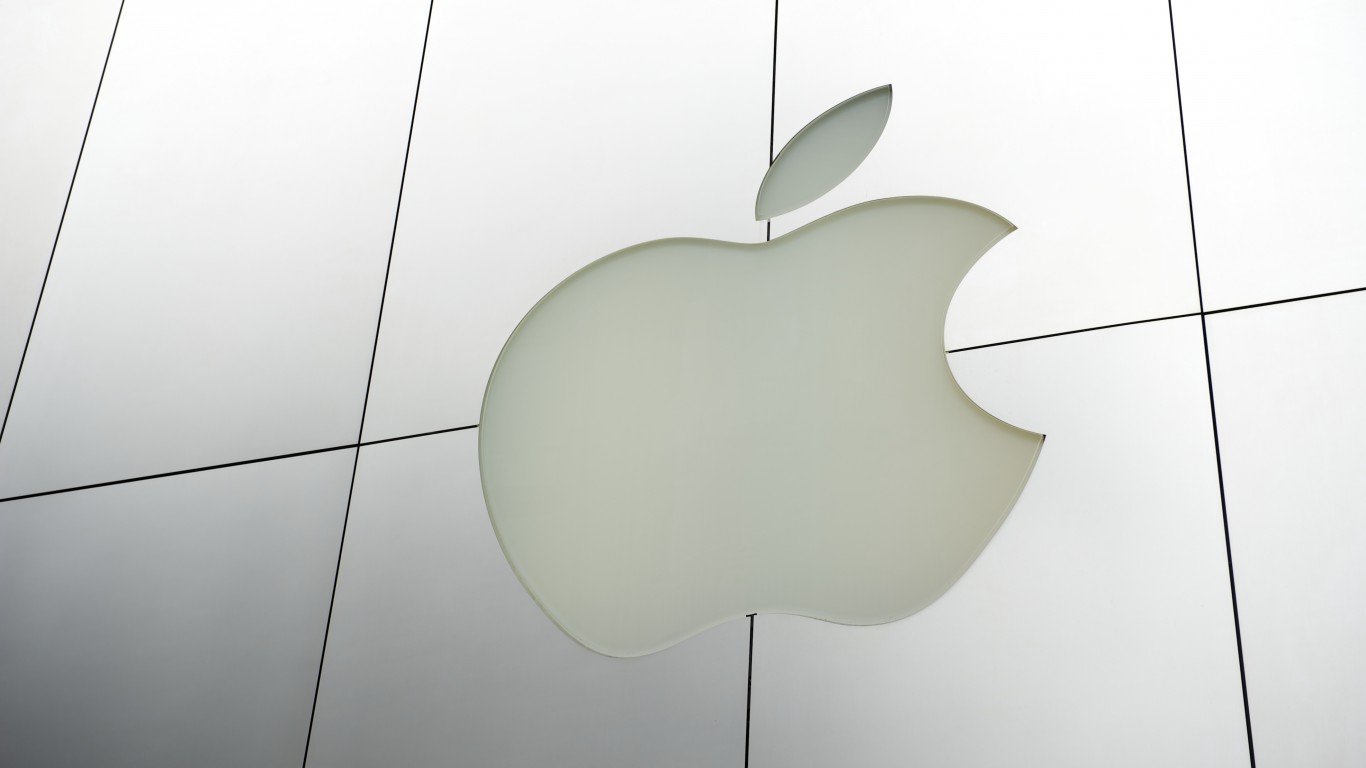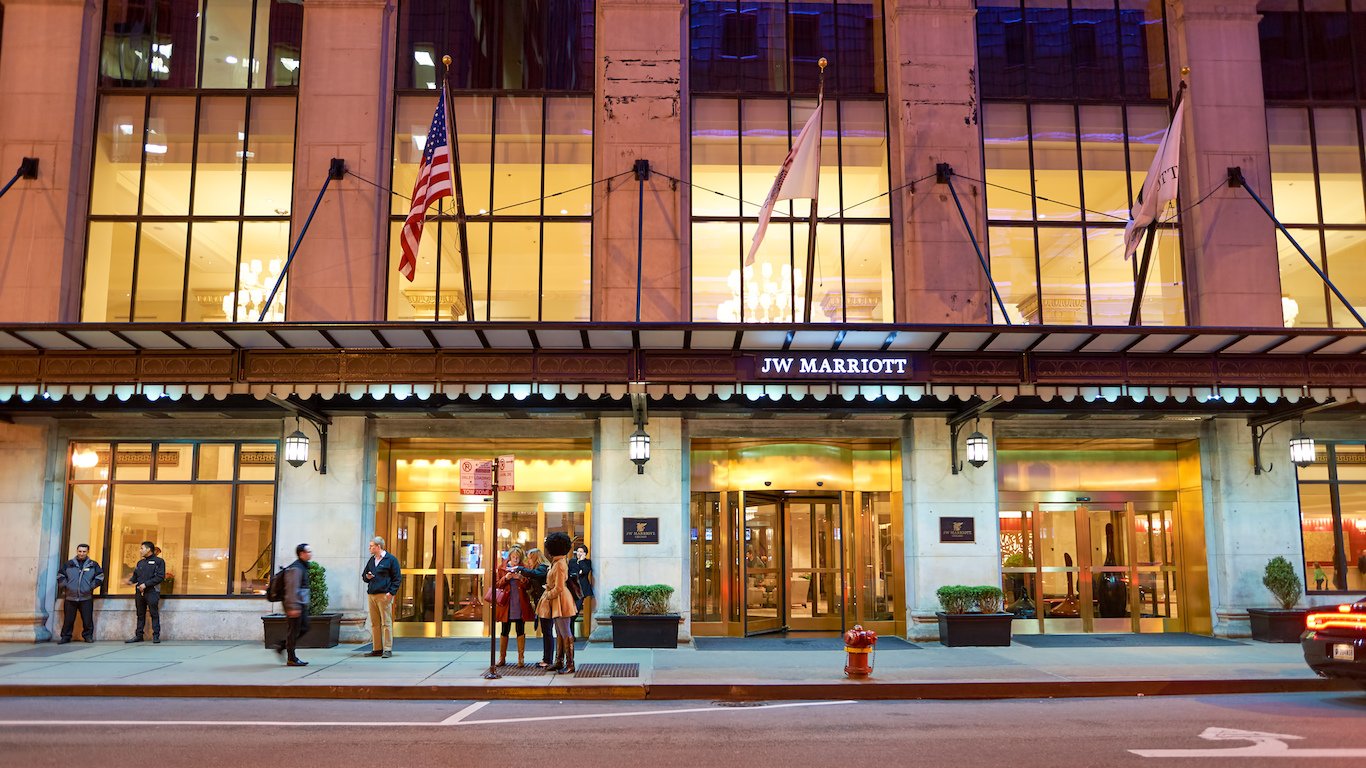

The COVID-19 recession has presented a truly unique scenario that has crushed the travel industry more than many other key industries that are crucial to the economy. While even the major industry leaders looked as though they might suddenly be at risk and on the verge of bankruptcy, many of the key travel and destination stocks had recovered massively from their lows. As the economy has started to reopen for business, the predictable rise in COVID-19 cases has the public rethinking the entire “reopen the economy” trade.
Thursday may have seen another big drop in jobless claims, but with the United States now having more than 2 million COVID-19 cases and with hospitalizations on the rise, the public may have to rethink many of those travel plans this summer and later into 2020.
Boeing Co. (NYSE: BA) may not be a travel stock on the surface, but guess what happens when you are the primary jet supplier to the airline industry and can’t give away any planes because the customer base is broke. Boeing had already gotten too far over its skis when it surged beyond $200 a share (after going under $100 at the peak panic), but Boeing shares were down 8.9% at $185.50 on Thursday morning, after closing at $230.50 just on Monday.
Delta Air Lines Inc. (NYSE: DAL) confessed that revenue in the second quarter would be down 90% and that has bled over into other aspects of the travel industry. Delta’s stock price was down about 8% at $29.15 on Thursday morning. That compares with a low of almost $17.50 at the peak of the selling panic, but it’s still down from a 52-week high of $63.44. Delta shares closed at $36.97 on Monday.
United Airlines Holdings Inc. (NYSE: UAL) is still considered healthier than some other airlines, but its stock was down 12.5% at $34.85, after briefly dipping under $20 during the peak panic. To see just how “overly euphoric” things had become, note that its recovery high closing price was $48.69 just on Monday.
Southwest Airline Co. (NYSE: LUV) also was down a sharp 9% at $33.90 on Thursday morning. After having traded down to about $22.50 at the peak of the panic selling, Southwest had risen to close as high as $40.59 on Monday.
Carnival Corp. (NYSE: CCL) is the biggest cruise line operator of them all. Carnival shares were last seen trading down 11% at $18.33. While it traded under $10 during the panic selling, Carnival shares had risen so much that it closed at $24.91 as recently as Monday.
Royal Caribbean Cruises Ltd. (NYSE: RCL) was last seen trading down 9% at $58.05 on Thursday, and its close this past Monday was $75.12.
Booking Holdings Inc. (NASDAQ: BKNG) may be only the booking and riskless part of the travel industry, but its stock was down over 5% at $1,640 on Thursday. It almost traded as low as $1,100 during the peak of the selling mania, but it had recovered to reach $1,850 briefly earlier in the week at the zenith of the reopening euphoria.
Expedia Group Inc. (NASDAQ: EXPE) was down about 5% at $83.10 on Thursday. That is still up 100% from its panic selling lows, but Expedia also somehow managed to get all the way back to $97.50 earlier this week at the peak of the euphoria.
Thank you for reading! Have some feedback for us?
Contact the 24/7 Wall St. editorial team.
 24/7 Wall St.
24/7 Wall St.

